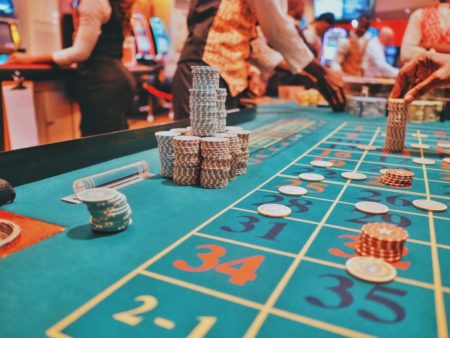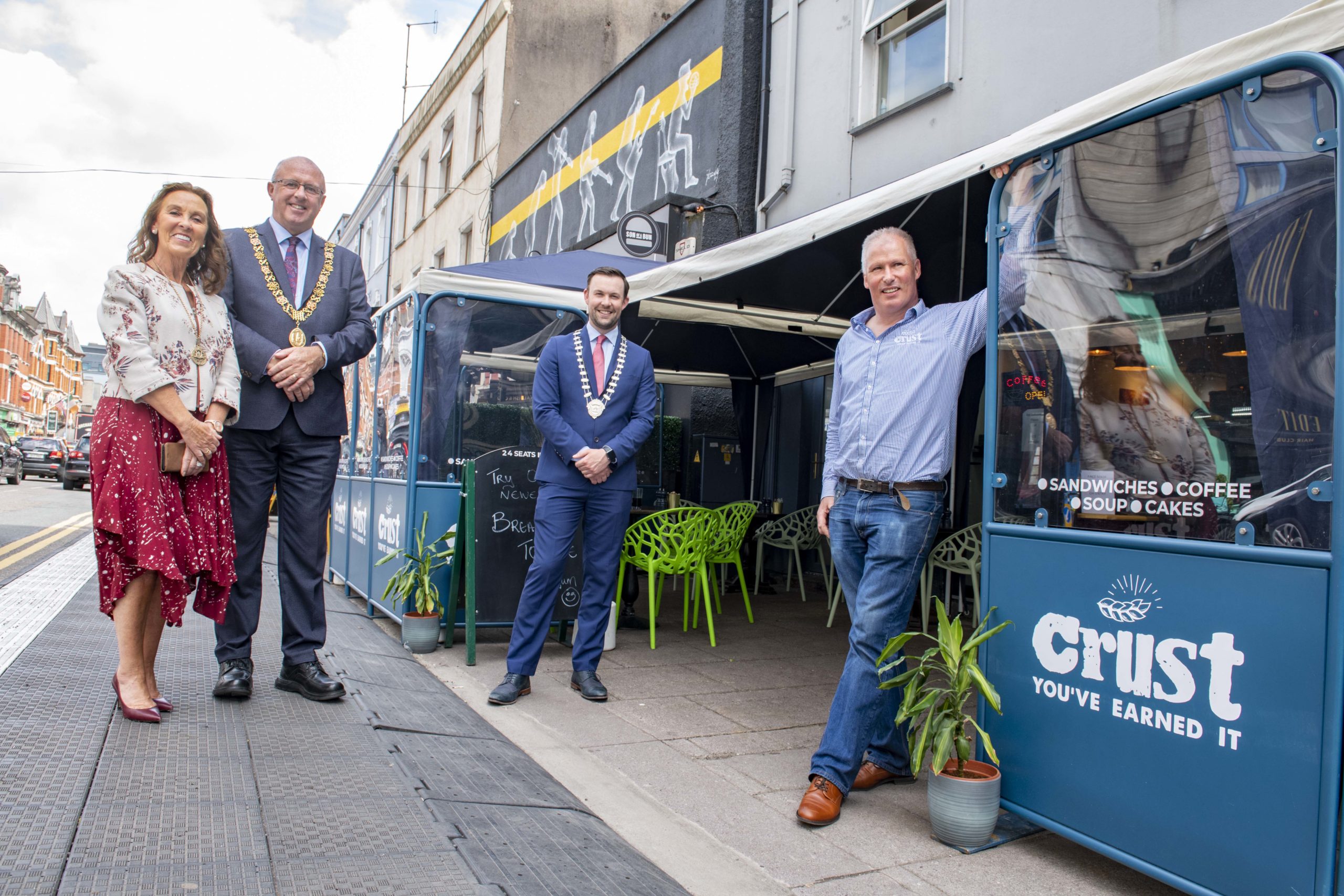18 June 2021
By Roger Jones
roger@TheCork.ie
Entertainment
Gambling is a fairly old type of activity, which was legalized in 1931. And today, several dozen land-based casinos are operating in the country, most of which are concentrated in Dublin. There are also about 1,000 online bookmakers and more than 10,000 slot machines in Ireland. Thanks to successful legislation, companies can conduct gambling activities both within the country and abroad, which opens up a limitless space of opportunities.
The Situation with Gambling Through Years
The most popular form of gambling in Ireland was and still is – betting on horses, dogs, and sports. Back in the 20th century, the authorities adopted the Betting Act, which regulated this branch of business. A little later, in 1956, the Gaming and Lotteries bill was passed, which prohibited gambling, but it had loopholes that allowed casinos to be operated as private establishments. Therefore, to this day, a variety of companies work in the country. The approximate gross income from gambling is more than EUR 1.2 billion annually.
As of 2021, Irish players spend more than 6 billion EUR a year. More than 2% of adult players play online regularly. Land-based casinos bring only 1.5% of all gambling business revenues.
Laws that exist in our time
The most important thing to remember for everyone is the age limit of 18 years. A possibility for raising this limit to 21 is still being considered. There are only two main laws that regulate gambling in the country, and they have some amendments.
Betting Act from 2015
This is the most ambitious amendment from the 1931 document, which was the very first in this area. Betting Act will legalise online gambling – in particular, the work of bookmakers and brokers on the Internet. The law also allows advertising in two national daily newspapers.
Gambling laws from 1956, 1986, 2003
They allow some forms of gambling:
- lotteries, other than national lotteries;
- a limited number of gambling games for money.
- The National Lottery is controlled by the Ministry of Public Expenditure and Reform and casino issues are handled by a special cabinet established in August 2006.
- The Ministry of Justice, Equality, and Legal Reform deals with gambling in general. It also created the Gambling Control Bill, a bill awaiting confirmation by the government. The general outline of the document was released in July 2013.
The Current Situation With The Gambling Business
This activity remains popular today. The most popular types of entertainment that are in particular demand today include the following:
- national lottery;
- scratch cards;
- raffles and other lotteries;
- football polls;
- bingo;
- slot machines;
- virtual gaming machines in betting shops;
- table games outside the home (including poker, which is especially popular);
- online gambling;
- horse, dog, and sports betting;
- social betting and gambling.
And what is the situation with online gambling?
Until 2015, online gambling was regulated by an act that allowed Irish people to place bets online at bookmakers located outside the country.
And then in the same year, online gambling was completely legalized. Remote gambling organizers can be located anywhere, inside or outside the country. If they do business in Ireland, then they also pay taxes for the license.
For example, now anyone can play online poker, and this is one of the most popular games in the country. The Paddy Power Irish Open is held every Easter. This is one of the longest series of tournaments in the world. The prize fund is 1 million EUR. It is worth noting that live casinos are not very popular in Ireland. As a rule, players choose roulette, blackjack, slots, or bingo. We recommend you to play only at the best online casinos.
What are the future trends in the development of the gambling business in the country?
Today, in Ireland, it is increasingly said that the law on the gambling industry in the country does not meet modern standards. To adopt adequate and adapted legislation regulating gambling, Northern Ireland is going to borrow the structure of British law.
Following the results of the year of the reforms, a complete ban on advertising games and casinos can be established, as well as restrictions in the form of a limit on online betting.
The Irish authorities intend to make amendments to the gambling legislation gradually, changing the thinking and mentality of society, in the hope of subsequent compliance with all the rules by market players.
The British and Irish parliamentary groups are now in touch and exchanging best practices.
So what’s the bottom line?
This type of leisure is successfully developing today and brings multibillion-dollar revenues. However, due to outdated legislation, the state treasury receives less money than it could have.
Online gambling is difficult to track, and its revenues are partly in the “grey zone”. The government needs to take into account the specifics of the development of the land-based and online sectors of the industry. This could help to positively influence the state of the economy and become the main source of regular replenishment of the treasury in the form of taxes.


